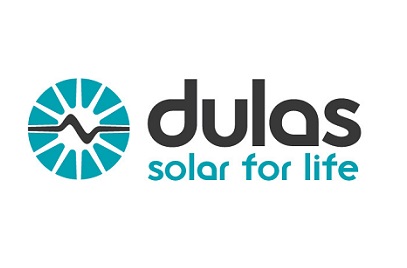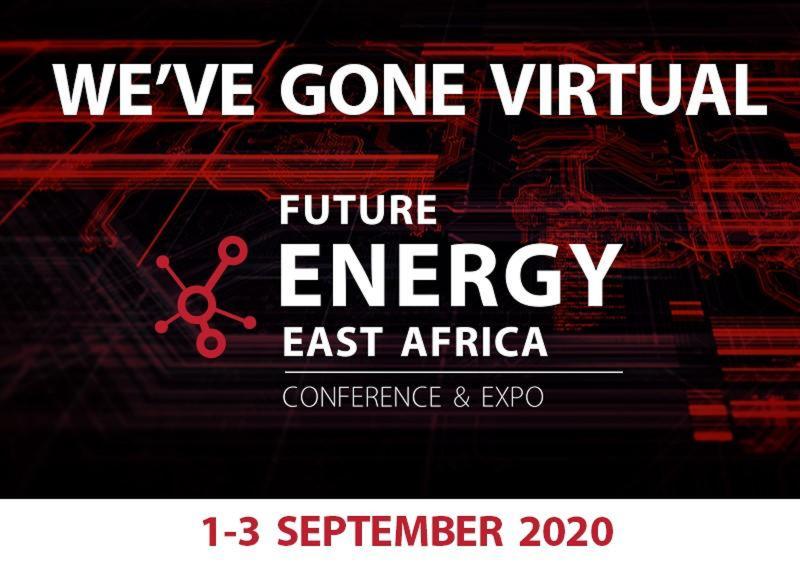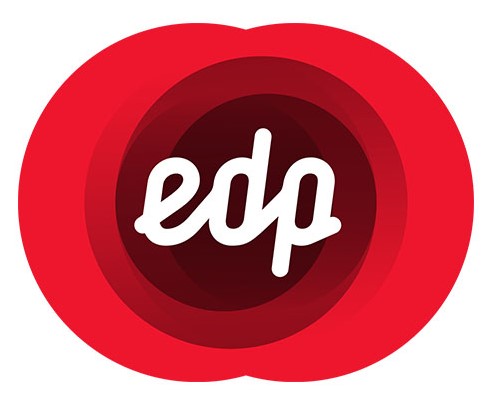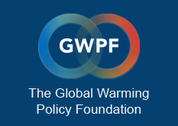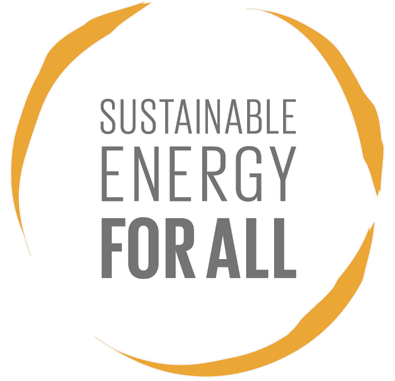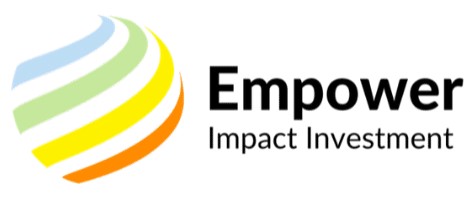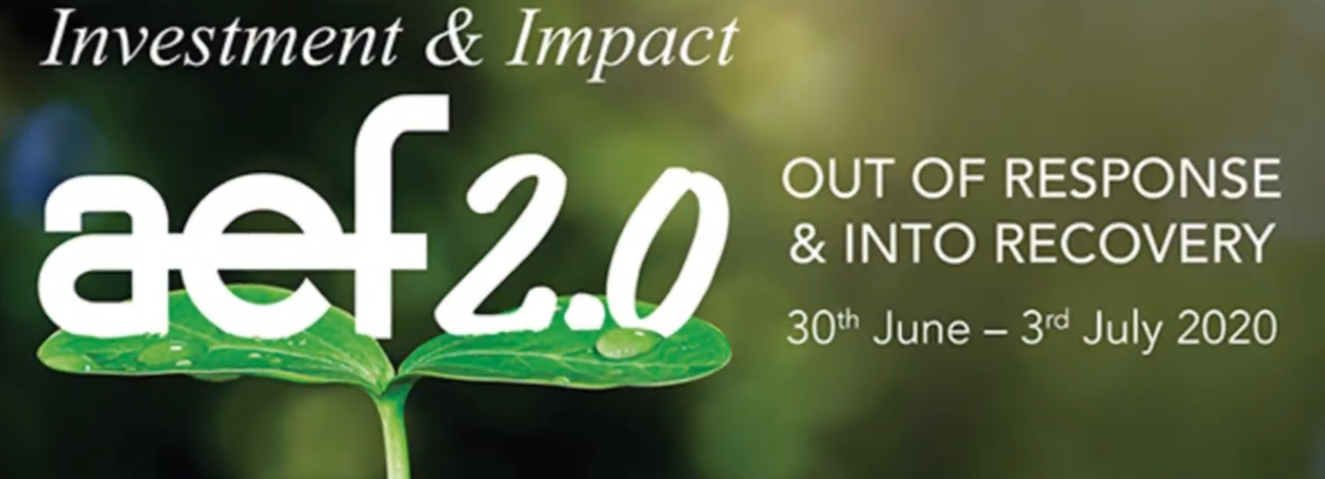8 May 2020: Off-grid expert BOS AG supplies energy solutions for cooperative health care projects. Since 2014, Balance of Storage Systems AG, BOS for short, has developed solutions for energy storage and distribution. The growing company from Neu-Ulm is currently investing its expertise and capacities in a humanitarian initiative project. Given the global corona crisis, various companies with their respective areas of expertise have joined forces around the project initiators Solarkiosk GmbH and UNITAR to together contain the effects of Covid-19 in Africa. Multi-stage measures will be taken to address the lack of appropriate health care in regions of developing countries, in particular through the use of mobile solar clinics and laboratories. The solar, storage and power supply systems from BOS AG form a key element in the effective implementation of these planned measures.
The coronavirus is primarily a health threat, the consequences of which are indirectly reflected in many areas worldwide. The economic consequences for industrial nations are serious, the global financial system is likely to be irreversibly damaged, and politicians and society alike are at a loss. In developing countries, on the other hand, Covid-19 remains primarily a health threat, which could have far-reaching consequences due to the lack of sufficient health infrastructure. The outbreak of the coronavirus will also have a drastic effect on existing issues such as hunger and poverty in these regions. Statistics show that the number of Convid-19 cases in Africa is still relatively low, but the WHO experts can foresee a great danger that the continent could soon become the next epicentre. Rapid and effective action is therefore required to address these risks in developing countries quickly.
Valuable experience used effectively
Since 2014, BOS AG has been developing products and services in the off-grid area, i.e. for gridindependent energy supply. In addition to solutions for private use, the team has focused since their inception largely on humanitarian areas of off-grid power supply and has provided refugee tents, health stations, markets or villages in Africa and Asia with practical energy solutions. For years, BOS AG has maintained a partnership with Solarkiosk Solutions GmbH from Berlin, which in turn has launched a comprehensive project with the United Nations Institute for Training and Research (UNITAR) to develop a rapid response solution to combat the spread of Covid-19 in Africa. The core element of the planned measures will be laboratories and clinics in the form of fast deployable socalled E-HUBBs. The ambitious project to support rural health care, which can be implemented in the short term, combines the technical know-how and manpower of the initiators and partners: Solarkiosk will provide the mobile E-HUBBsand the corresponding equipment, UNITAR will prepare the staff for the deployment with training courses, and other cooperation partners such as Siemens Healthineers, Nexol and Solarworx will contribute medical equipment, solar technology and supply solutions. Already well progressed in the planning phase, it became clear that the experience and powerful developments from BOS AG are of fundamental importance for the successful implementation of the initiative.
Benjamin Seckinger, CEO of Balance of Storage Systems explains: "We are overwhelmed by the commitment of our partners from Solarkiosk and see great potential in the project. Since the foundation of BOS, we have been investing heavily in rural power supply and energy solutions for health care in developing countries. Given the Covid-19 pandemic, we can effectively bring this experience to bear and make the most of our developments".
Medical technology, air conditioning, light - day and night
The rapid response program against corona is designed in several stages and benefit from well organised and coordinated interaction between the parties involved. The concept is holistic and operates at different levels, from online learning systems for training and warning purposes, through to the flexible rapid response teams, to mobile laboratories and clinics. The focus lies in the modular and flexible laboratory and clinic equipment of Solarkiosk. All stations are powered and operated with Off-Grid solar systems. The energy generated by photovoltaics is stored by the advanced battery system of BOS AG and distributed to the facilities. Thanks to established lithium battery technology, round-the-clock energy supply for the essential medical equipment is extremely reliable. The laboratory containers are primarily available for corona tests and allow access to real-time data for propagation. The PV clinics are planned with 90 beds, of which 10 are for intensive care patients and 80 each for patients with moderate and mild symptoms. The energy storage capacity of the BOS lithium batteries will mainly be used for night-time operation, ensuring the function of medical equipment as well as air conditioning of the entire facilities or refrigeration of medication. The use of the special equipment, the on-site staff will receive expert training by UNITAR representatives. Both the laboratories and the clinical facilities were designed to be sustainable, so that they can continue to be useful in the long term, following the corona crisis, for example in the fight against Ebola and HIV.
The project before implementation
The schedule of the project has been completed, the BOS team and all partners are waiting for the appropriate start signals from the responsible organizations. Thomas Rieger, CEO of Solarkiosk Solutions GmbH, knows that there is a high demand for all scheduled products and services and will need to be managed accordingly "Since we designed and built our first solar-powered health centres in refugee camps, we have experienced how important a functioning health care system can be for those who are still dying of preventable diseases. We have seen how solar energy can be used to support the sustainable development goal number 3: - To ensure a healthy life for all people of all ages and to promote their well-being - with this technology and we are especially pleased that we can realize this project together with our long-standing partner, BOS AG. In addition to this challenge, in the current situation, one is confronted with difficult conditions of various kinds, such as logistical difficulties or an uncertain situation on site. Those responsible are prepared and devoted to the successful implementation of this project and reducing the Covid-19 threat to the most vulnerable people in the world.
###
About BOS Balance of Storage Systems AG: BOS Balance of Storage Systems AG is a German high-tech company based in Neu-Ulm. The company was founded in July 2014 and has 20 employees. CEO and co-founder of the company is Benjamin Seckinger. BOS aims at becoming the leading company in decentralised energy supply with a focus on lithium - lead acid (Li-Pb) hybrid charging technology for solar systems that supports intelligent load management. Their key markets are located in rural and semi-urban areas in Africa, South East Asia and Latin America with insufficient access to modern energy services as well as market segments in industrialized countries that require decentralized power supply.








